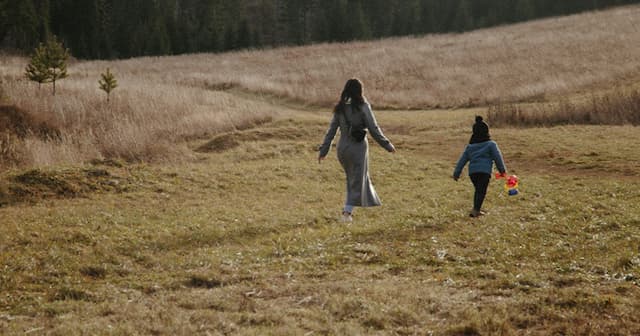Why Wouldn’t We Cry — Grateful, yet Grieving
There’s a classic scene in the movie, “A League of Their Own,” where Tom Hank’s character yells at a player who’s crying, “There’s no crying in baseball!” There might not be crying in baseball, but there will be tears as we grieve.
I often hear the phrase, “I’m sorry” when people cry. It’s an interesting phenomenon—apologizing for what you are wired to experience.
We are so amazingly and intricately formed to be able to express our emotions with words, movement, and tears. Our brains and bodies have a circuit system that connect events that have emotions attached to them. Tears are ignited through our sensory system, memories, and experiences. Tears are a natural process. We don’t have to be ashamed or apologize.
Tears, like grief, arrive without warning. In private or public, we may cry when watching a movie or commercial (Hallmark commercials from the 90s always made me cry) or hearing a song. We may cry when something wonderful happens at a wedding, a celebration, or a graduation. Or we may not cry when we think we should. We give ourselves a ticket for a “guilt trip” because we can’t cry on cue. It seems unkind to put a “should” in our vast expanse of emotions.
Being aware and accepting of our tears while allowing them to come when they come will enable us to be present to see what our tears tell us. Asking ourselves, “Why?” without the add-on question, “What’s wrong with me?” offers a gentler approach to our tears. Maybe asking, “Why wouldn’t I cry?” is more helpful.
The shortest verse in the Bible comes in the New Testament in John 11:35: “Jesus wept.”
Psalm 56:8 says, “You yourself have recorded my wanderings. Put my tears in your bottle. Are they not in your book?” How validating that David describes the way God sees his tears. How helpful to know we are going to cry because we are human. Our tears are recorded and seen. We can accept rather than apologize, invite them rather than ignore them. We just might feel better when we cry.






